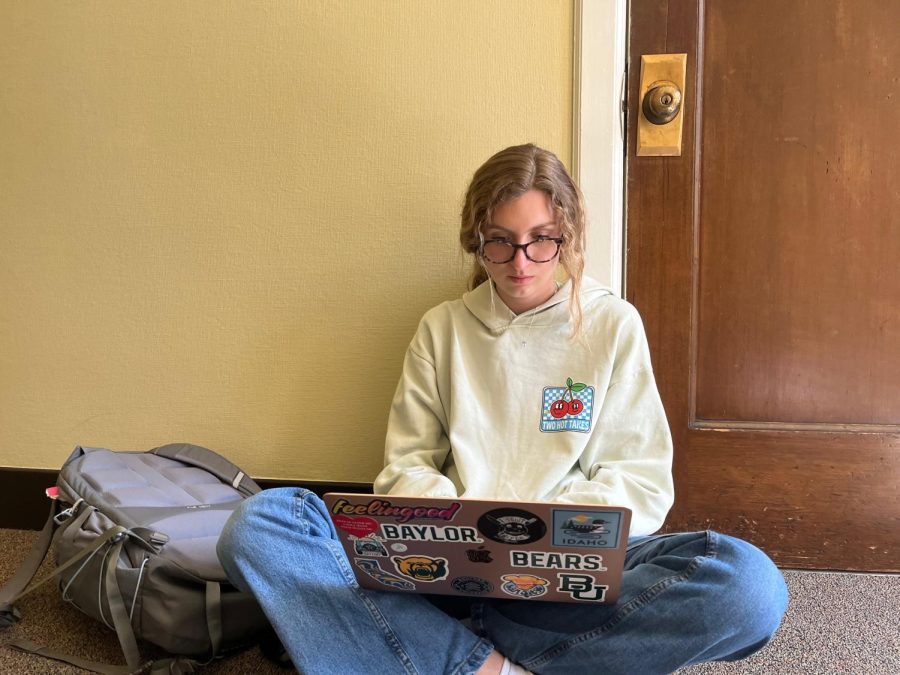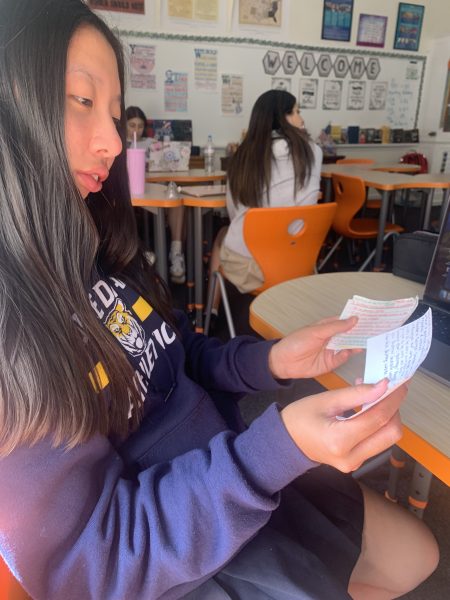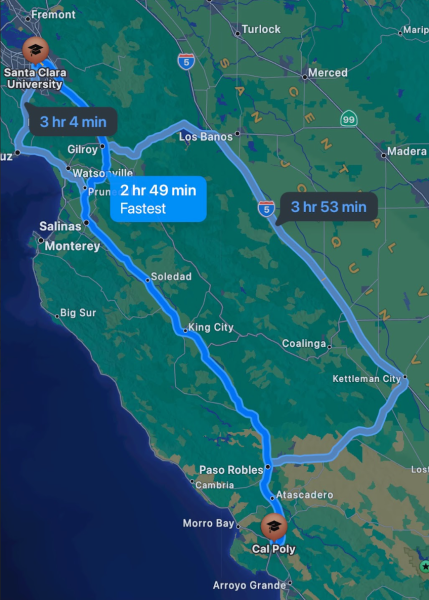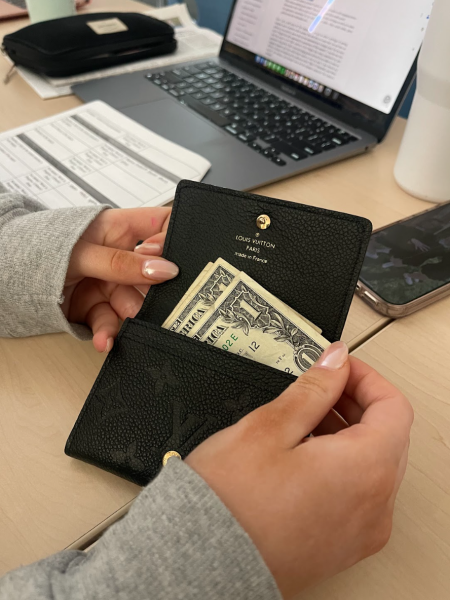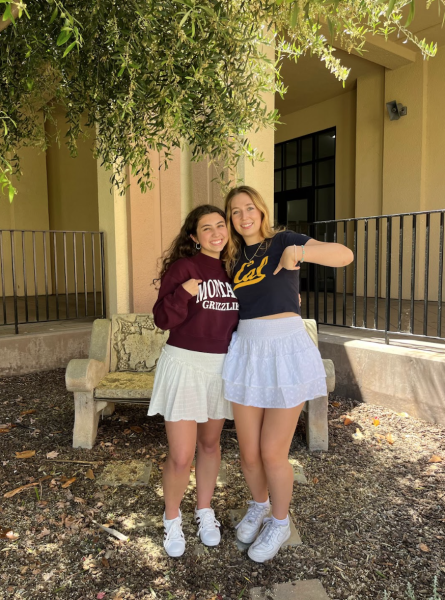Capstones become too restrictive
The Catalyst / Brooke Horvai
Upperclassmen dedicate their Spiritual Life classes to working on their capstone projects.
At NDB, the senior and junior classes are currently wrapping up their capstone projects. This assignment should be a chance for students to explore their passions and have a meaningful impact on the NDB community. Yet, the project’s guidelines have become increasingly restrictive, limiting students’ ability to make a difference with their work.
“One [purpose of the capstone project] is that students start to get in touch with what they are passionate about in their life, and in our world,” stated Director of Mission and Ministry Amy Jobin. “It’s also a part of the Christian belief that when we are doing God’s work in the world that we are passionate about, that’s where we find our deep joy and our true happiness.”
Students were eager to participate in this project and have room to develop their interests, but the guidelines are keeping many students from being able to have the experience they hoped for.
As high school students, it can be difficult to stand up for causes we are passionate about with limited resources and opportunities. One of the largest and most effective ways that teenagers are creating change is through social media. In the past, NDB students have used platforms such as Instagram and Twitter to promote their capstone projects and educate others about their topic of interest.
However, this year’s project guidelines have been revised to prohibit the use of social media, preventing students from engaging their peers, raising awareness and reaching a large audience.
“There are responsibilities that the school needs to hold around having students put information out into the public,” Jobin added. “I would say there’s a healthy concern for students learning to put information out in a way that is going to reflect well on the student and be a good experience for them versus drawing in something negative.”
In an increasingly digital world, learning how to safely navigate social media is certainly important, but students are not learning anything from being blocked from using social media for their projects. It would be more effective to permit social media use with guidance from teachers.
Drives and fundraisers are also not allowed because they do not create a lasting change or influence. Students have to push harder and think outside the box to create a permanent impact.
“The reason that we asked people not to do drives or fundraisers was that it is easy sometimes to do charity without understanding the problems or issues more deeply, and we really wanted to challenge students to think at a deeper level than doing a drive or raising money,” Jobin shared.
While it is important to have a lasting impact that goes beyond a single drive or fundraiser, these events can be meaningful additions to projects, and raising money or collecting donations is one of the most effective ways to support causes students care about.
In order to encourage students to pursue their passions, NDB should consider allowing upperclassmen more freedom with their capstone projects.

Peyton Daley is a senior and this is her third year as a Catalyst writer. She served as Arts & Life Editor her sophomore year and Managing Editor her...
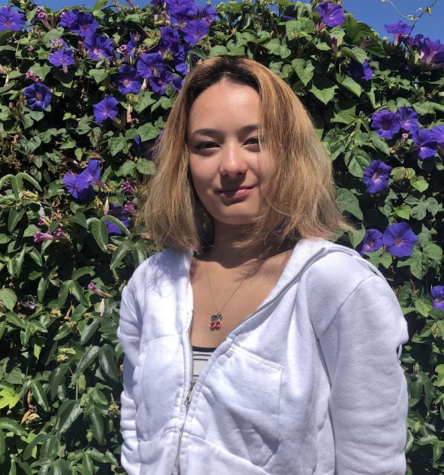
Brooke Horvai is a member of the Class of 2022 at Notre Dame High School in Belmont, CA (NDB). She is the assistant opinion editor for the school newspaper,...

